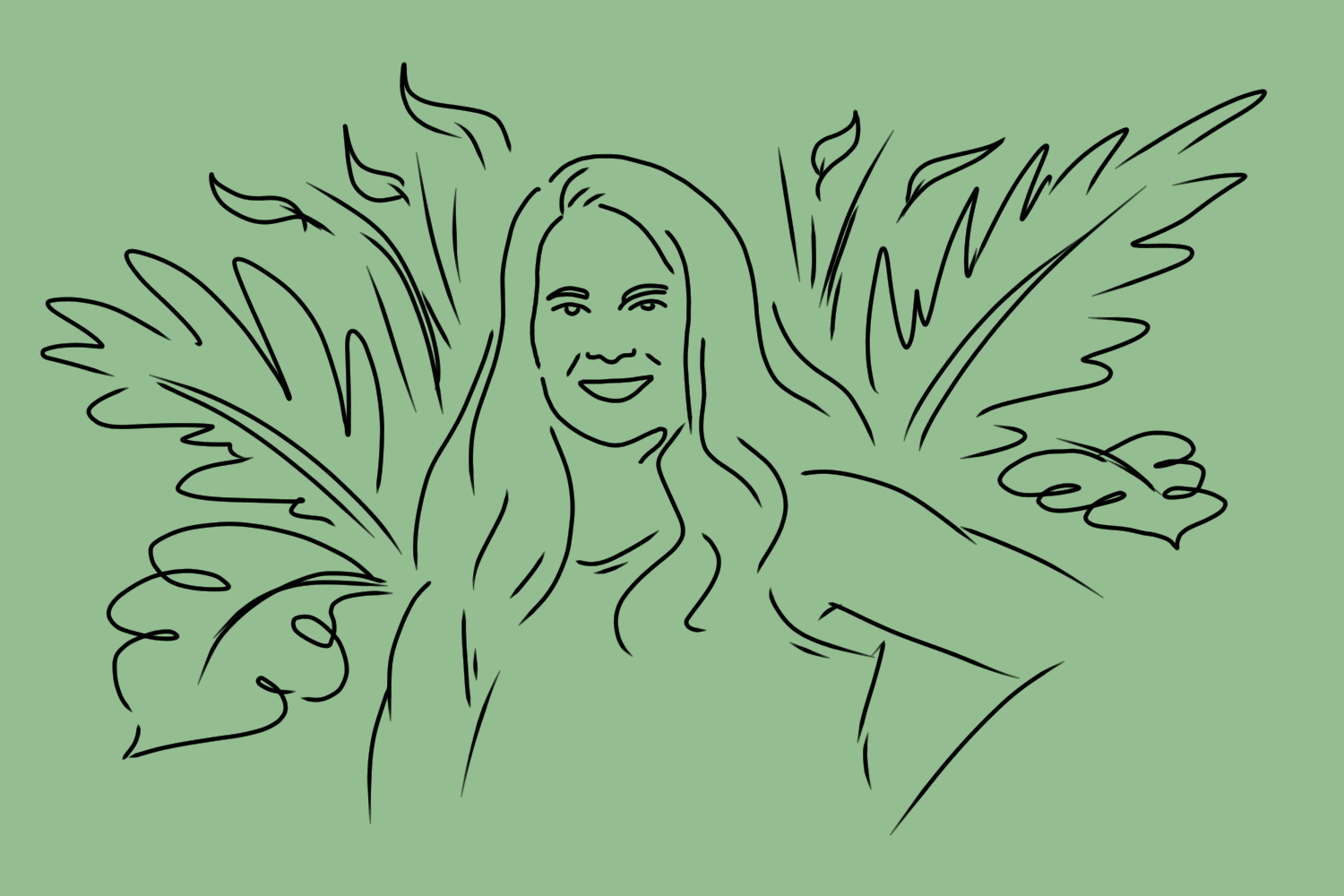
On March 16, Lewis & Clark Law School hosted the 33rd Environmental Law Distinguished Visitor Lecture via Zoom.
The event was held in honor of the 2021 Distinguished Environmental Law Graduates. After opening remarks, University of Oregon (UO) Law Professor Mary Wood gave the Distinguished Visitor Lecture. Wood also serves as the faculty director of UO law school’s nationally acclaimed Environmental and Natural Resource Law Center.
Wood began her lecture with a discussion of what she calls the “silent war,” or the war that is waged against ourselves and our future. According to Wood, this war will trigger the sixth mass extinction. According to the director, there can be no peace without ecological peace, and there can be no prosperity without ecological prosperity.
“Law has an integral role in peace and prosperity, environmental, organized societies and final assaults on nature or can catalyze a broad planetary defense of nature,” Wood said. “It will be part of the problem or part of the solution either way, we need to acknowledge that environmental law is not like any other area of law.”
Wood explained how environmental law differs from other areas of law. While other fields tend to focus on human matters, environmental law mainly deals with ecological systems and the potential for drastic consequences as a result of human activity.
“We just can’t teach environmental law anymore as if it’s a functional system with a few failures,” Wood said. “Instead, we have to understand how the system itself brought emergencies to our doorstep.”
During the lecture, Wood explained that there are two different ways to approach environmental law. One way is through statutes, which are all structured in a way that intends to protect the environment. “The agencies use environmental law to legalize unthinkable damage permits for mountaintop removal lined up like a row of dominoes under the Clean Water Act, and the Surface Mining Control and Reclamation act,” Wood said.
Additionally, Wood argued that the enormous amount of faith that has been placed in the system by lawyers has led to the statutes causing negative effects. These include toxic pollution, fracking, drinking water pollution, ocean acidification, erosion, impacts from mining, the climate crisis, the mutilation of landscapes and the disruption of ecosystems throughout the globe.
Another way that the law is approached is through the framing of obligation under the public trust. Wood explained that the public trust was first recognized by courts in the earliest days of the founding of the United States. However, it has been lost in the jungle of environmental law.
“People sustained clean water, ample the food sources and secure shelter, all of which are fundamental to democracy as our voting rights at its most practical level,” Wood said. “The public trust operates to prevent our government leaders from abusing their absolute power over ecology to serve their own political interests at our expense.”
Oregon’s public trust doctrines are one of the most limited in the country, according to Wood. The state claims that their public trust duty currently only applies to navigable waters and refuses to recognize this application to air, fish, wildlife and other bodies of water.
“The power of the public trust principle is that it obligates our government trustees to manage ecology for us, according to time tested fiduciary obligations,” Wood said. “So this is the opposite of political discretion, statutory laws elaborates that agency discretion must also meet a level of fiduciary care.”
Wood is now leading a project that applies a trust lens to the forests of Oregon. This may be a new horizon for public trust law in the United States, but this is not a new idea. The laws of other nations have moved to recognize forests as part of the public trust, due to the necessary role forests play in providing clean water and climate regulation.
During the event, Wood analyzed the roles that both the frame of statutes and the frame of public trust play in environmental law. In the end, she emphasized that those laws matter in the eyes of humans, but humans themselves are at the mercy of nature’s laws and nature’s power.
“We should never underestimate the power of the people everywhere to rise up against intolerable harm to our shared natural environment,” Wood said. “But we need to make the call.”
Subscribe to the Mossy Log Newsletter
Stay up to date with the goings-on at Lewis & Clark! Get the top stories or your favorite section delivered to your inbox whenever we release a new issue.

Leave a Reply